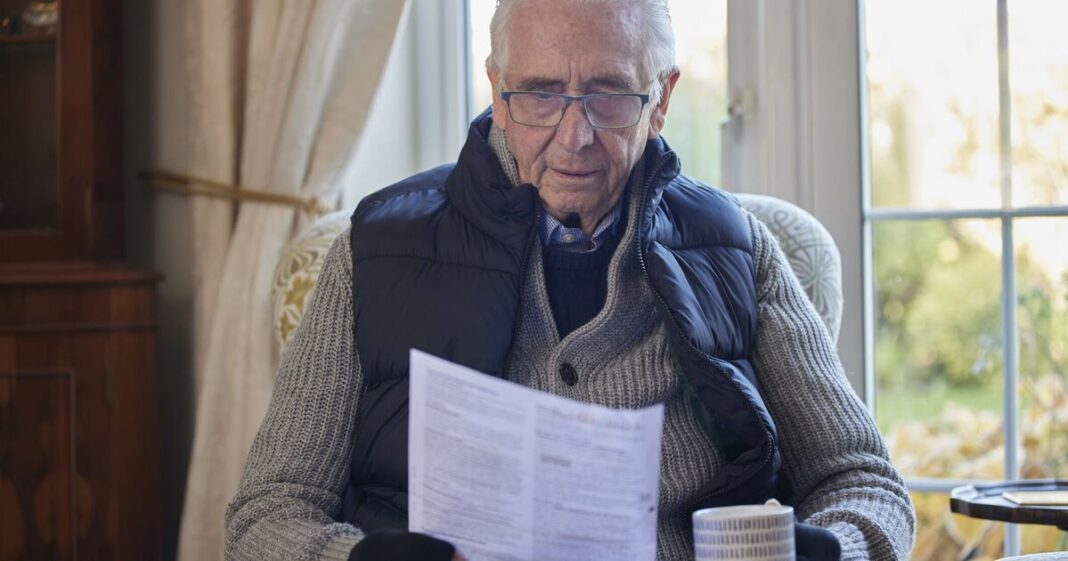New analysis from Vanguard reveals that pensioners are set to be £1,300 better off next year due to the triple lock. The September inflation figures have now been confirmed at 3.8%, trailing behind the 4.8% increase in wages, which is likely to influence the state pension increase next April.
However, this rise may come with a significant and unexpected tax liability for some people. The increase would put the new state pension at a total of £12,548 a year, alarmingly close to the personal allowance of £12,570.
The personal allowance is the threshold of income people can earn each year before becoming liable for an income tax bill. Although the state pension is not a tax-free benefit, it has remained below the personal allowance for long enough to avoid triggering tax bills for those only claiming this cash from the DWP.
The personal allowance has been frozen since 2021/2022, when the state pension was £3,230.80 below it. This meant that retirees could earn over £3,000 from other sources like employment or private pension alongside their full state pension without triggering a tax bill.
Next year, if the predicted increase proves accurate, retirees will need to earn just £22 elsewhere before they become liable to pay income tax. Chancellor Rachel Reeves will confirm how much the state pension will increase by in the Autumn Budget next November.
James Norton, head of retirement and investments at Vanguard, said: “The value of the triple lock is clear, as September inflation today comes in at 3.8% meaning the state pension is set for an inflation busting rise of 4.8%.
“Our analysis shows that next year those receiving the full new state pension will be almost £1,300 better off thanks to the triple lock, compared to if there was just an inflation link in place.
“This is good news for retirees, as the state pension is key to most people’s retirement plans and will mean much of their basic expenditure will be covered with this guaranteed income.
“For those with other sources of retirement income, given the personal allowance remains frozen at £12,570 and the higher-rate tax threshold has stayed at £50,270, a considered approach to tax and retirement is needed to make sure you keep as much of your hard-earned savings as possible.”
A freedom of information request by Vanguard also disclosed that since the personal allowance was frozen, almost 2.1 million additional people over 66 have become liable for tax – a 3.1% rise.
There are methods to legally prevent becoming subject to income tax during retirement, beginning with utilising any products you possess that feature a ‘tax wrapper’.
These are schemes such as ISAs which are inherently tax-free and won’t count against your personal allowance. Experts from Vanguard have also advised people to “only draw what you need” from their private pensions to avoid unnecessary tax and deplete their savings.
They clarified: “Leaving surplus funds in your pension allows for continued tax-free growth and avoids triggering avoidable tax on savings interest.
“As a reminder you can typically withdraw up to 25% of your pension tax-free, and this doesn’t have to be all at once, this too can be done as and when you need the income.”


